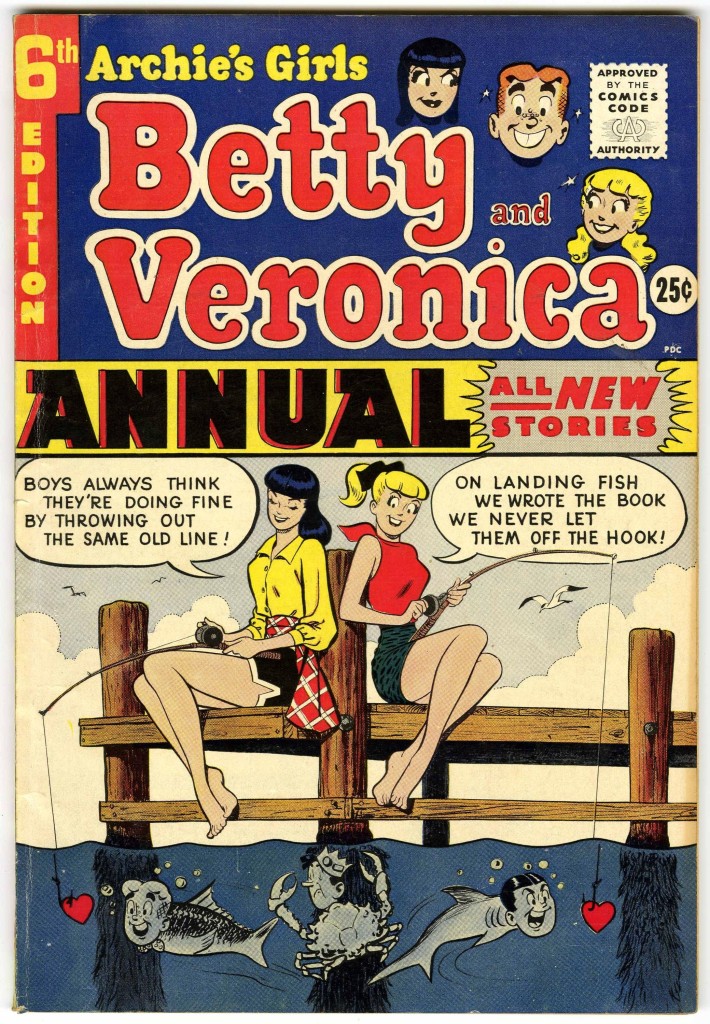Athletics Canada misses the mark with insensitive tweet

Courtesy Tom
Emilie Medland-Marchen, September 3 2015 —
The International Association of Athletics Federation (IAAF) World Championships kicked off in Beijing last week, and Team Canada has garnered praise for a surprising string of top-place finishes.
Sprinter Andre De Grasse took home a bronze medal in the 100-metre while racing against gold medalist Usain Bolt. Melissa Bishop broke a national record during the 800-metre semi-finals, becoming one of only five Canadian women to ever run the race in under two minutes.
Athletics Canada, the official spokesperson for the Canadian team, has been live-tweeting the event to drum up support for their athletes. But their comments concerning two Canadian female runners did athletes a disservice by diminishing their accomplishments and reducing them to sexist stereotypes.
Before the Women’s 10,000-metre event last week, Athletics Canada tweeted out a picture of runners Lanni Marchant and Natasha Wodak along with well-known Archie Comics characters Betty and Veronica. The accompanying hashtag, #BettyandVeronica, encouraged fans to tweet about the race using the two characters as a stand-in for the female athletes.
The headshots of the two women were included in the tweet, suggesting that Marchant’s dark hair makes her a “Veronica,” and Wodak’s blonde, a “Betty.”
The tweet represents yet another negative turn in the struggle for female athletes to be taken seriously. Despite the Canadian team performing exceptionally well at the World Championships, Athletics Canada made the decision to celebrate their athletes not by highlighting these efforts on their own, but by doing so alongside a comparison to two doe-eyed comic book characters.
It should go without saying that the top Canadian men’s athletes didn’t draw such comparisons.
To be fair, much of Athletics Canada’s Twitter coverage consisted of fairly straightforward live results of the various events, with the Betty and Veronica reference tweeted out only sparingly, seemingly in an attempt to drum up excitement for Marchant and Wodak’s event.
But the fact that such a tactic was seen as necessary highlights an underlying problem regarding women’s athletics. Female athletes have struggled for decades to remove the sexual connotations associated with women in sport.
By reducing Marchant and Wodak to #BettyandVeronica, the attention was drawn away from the athleticism of these women — the one thing Athletics Canada should have been focused on promoting.
Situations like these only fuel the trend of sexualizing female athletes for public consumption. While male athletes rarely have to deal with the problem, female athletes are often seen as sexual objects first and athletes second.
In their attempt to generate viewers, Athletics Canada failed in their reporting of this event. Their tweet is a plain example of the kind of demeaning comparisons female athletes regularly deal with.
Marchant and Wodak are outstanding distance runners who have set Canadian records in the 10,000-metre and marathon events — facts that would have been much more useful to Athletics Canada than cartoon character comparisons in terms of garnering support for the pair.
The pair are exceptional athletes and they deserve more than these absurd comparisons — especially from the sporting organization that is supposed to represent them.
Note: The Gauntlet is aware that Marchant and Wodak originated the #BettyandVeronica hashtag. However, the author believes that this information does not alleviate Athletics Canada of their institutional responsibility to appropriately represent female athletes. We regret that this was not made clear in the original article.
